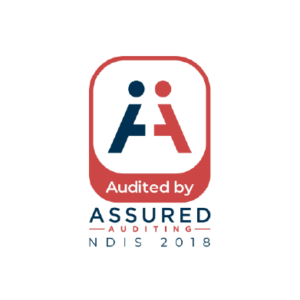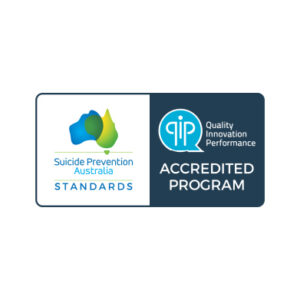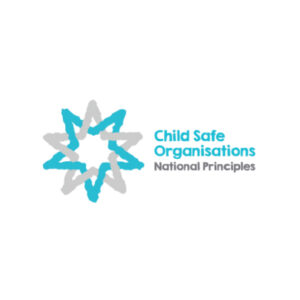You deserve access to mental health services that are safe, respectful and responsive to your individual needs.
The mental health sector’s governing bodies have developed standards that health and community organisations like Stride must meet. Stride is periodically audited to ensure these standards are upheld.
These standards also recognise Stride’s commitment to best practice, robust systems and processes, as well as our dedication to continuous improvement. At Stride, we take pride in our service delivery standards and strive to meet, and even exceed, the expectations of the communities and individual mental health consumers and carers we support.
Developed by the Australian Department of Health, the NSMHS outlines standards aimed at helping mental health service providers to continually improve and better support consumers through:
The NSMHS embraces principles of recovery-oriented mental health practices and ensures Stride has:
These standards are specific to registered NDIS providers and the supports and services they provide to consumers. Together with the NDIS Code of Conduct, the NDIS Practice Standards form the framework of what NDIS participants should expect from Stride.
The core features of these standards include:
The SPA Standards support organisations like Stride to implement safe, high-quality, and effective suicide prevention programs.
Suicide Prevention Australia partnered with people with lived experience, consumers, clinicians, service providers, and accreditation experts to develop these standards, which cover:
Stride’s Safe Space, Safe Haven and The Way Back – Penrith services are currently certified against these standards.
At Stride, we are fully committed to the safety and wellbeing of all children and young people who engage with our services. In compliance with the National Principles for Child Safe Organisations, we have implemented rigorous policies and procedures to ensure a safe environment across all areas of our work.
Our staff, contractors, and volunteers are trained to identify and respond to concerns of harm or abuse, and we actively monitor and improve our practices to safeguard the children and young people in our care. We remain dedicated to upholding the highest standards of child safety and continuing to enhance our efforts in this critical area.
The headspace Model Integrity Framework (hMIF) sets out the requirements that all headspace centres must meet in order to deliver services in line with the headspace model. The framework covers a broad range of areas, including youth participation, family and friends participation, and evidence-based practice.
All Stride headspace centres are subject to regular audits against the hMIF to ensure compliance and service quality.
Currently, Stride leads 11 headspace centres across Queensland, New South Wales, and Victoria.



